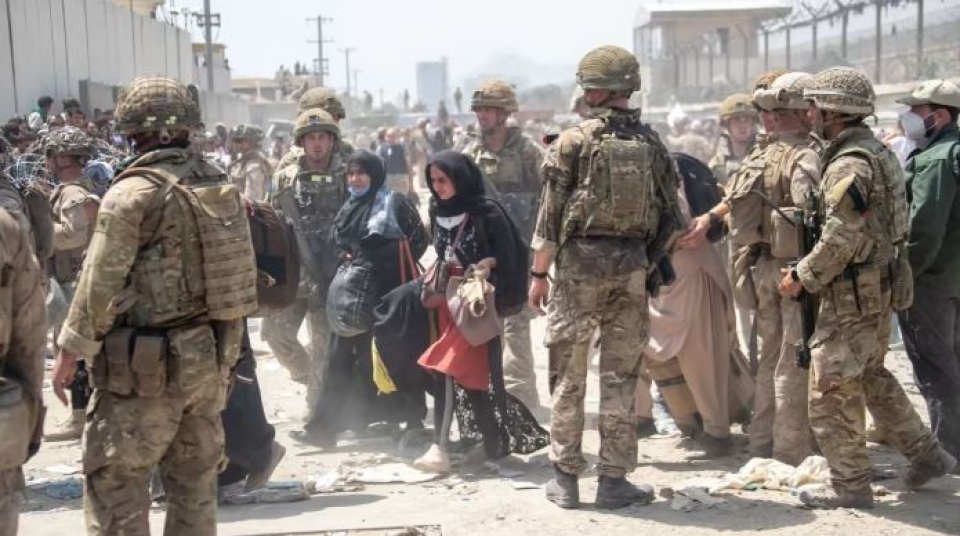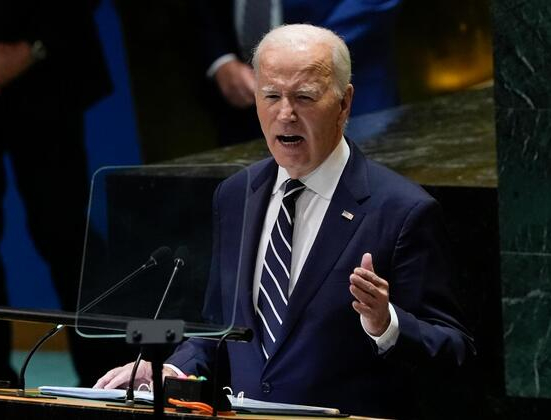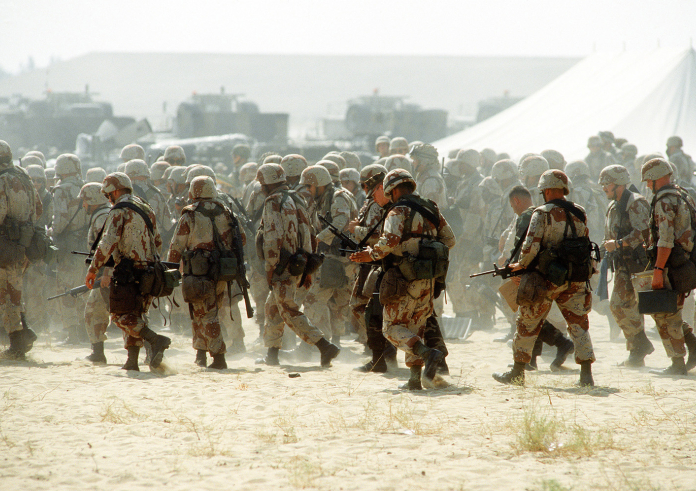The UK government made efforts on Wednesday to prevent a whistleblower, who raised concerns about the chaotic withdrawal from Afghanistan in 2021, from using crucial parts of her evidence in her upcoming employment tribunal case. Josie Stewart, a former senior civil servant at the Foreign and Commonwealth Development Office (FCDO), was dismissed for anonymously giving an interview to the BBC about the fall of Kabul in 2021, and she is now suing the FCDO for whistleblowing and unfair dismissal. The case is scheduled to be heard in the Central London Employment Tribunal in May 2024.
The UK's tumultuous withdrawal from Afghanistan in 2021 faced criticism from MPs, and the then-foreign secretary, Dominic Raab, was condemned for remaining on holiday as the Taliban retook control of Afghanistan.
During the hearing on Wednesday, the government sought to have parts of Stewart's witness statement evidence struck out on the grounds of parliamentary privilege ahead of next year's hearing. Stewart's witness statement includes references to evidence about Afghanistan provided by various individuals to parliamentary select committees, along with her own assessments of the truthfulness of that testimony.
Stewart's reason for leaking information to the BBC was her belief that parliamentary scrutiny was being undermined by what she considered to be misleading statements made to parliament by ministers and senior civil servants.
The FCDO argued that the passages in Stewart's witness statement relating to proceedings in the House of Commons should be struck out based on parliamentary privilege, which protects free speech and prevents courts from questioning or examining proceedings in parliament.
Ben Cooper KC, the barrister representing the FCDO, argued that "the central question is whether admitting these parts of her witness statement into evidence would involve questioning in breach of Article 9 of the Bill of Rights."
Gavin Millar KC, the barrister for Stewart, countered that "none of the challenged passages should be struck out" and claimed that the FCDO's reliance on parliamentary privilege was "misconceived." He warned that if the tribunal accepted the FCDO's arguments and struck out the passages, it would significantly weaken Stewart's case. Millar also noted that this could have broader implications, especially in cases where whistleblowers speak out to correct inaccuracies or lies told to parliament.
The hearing is ongoing.

















